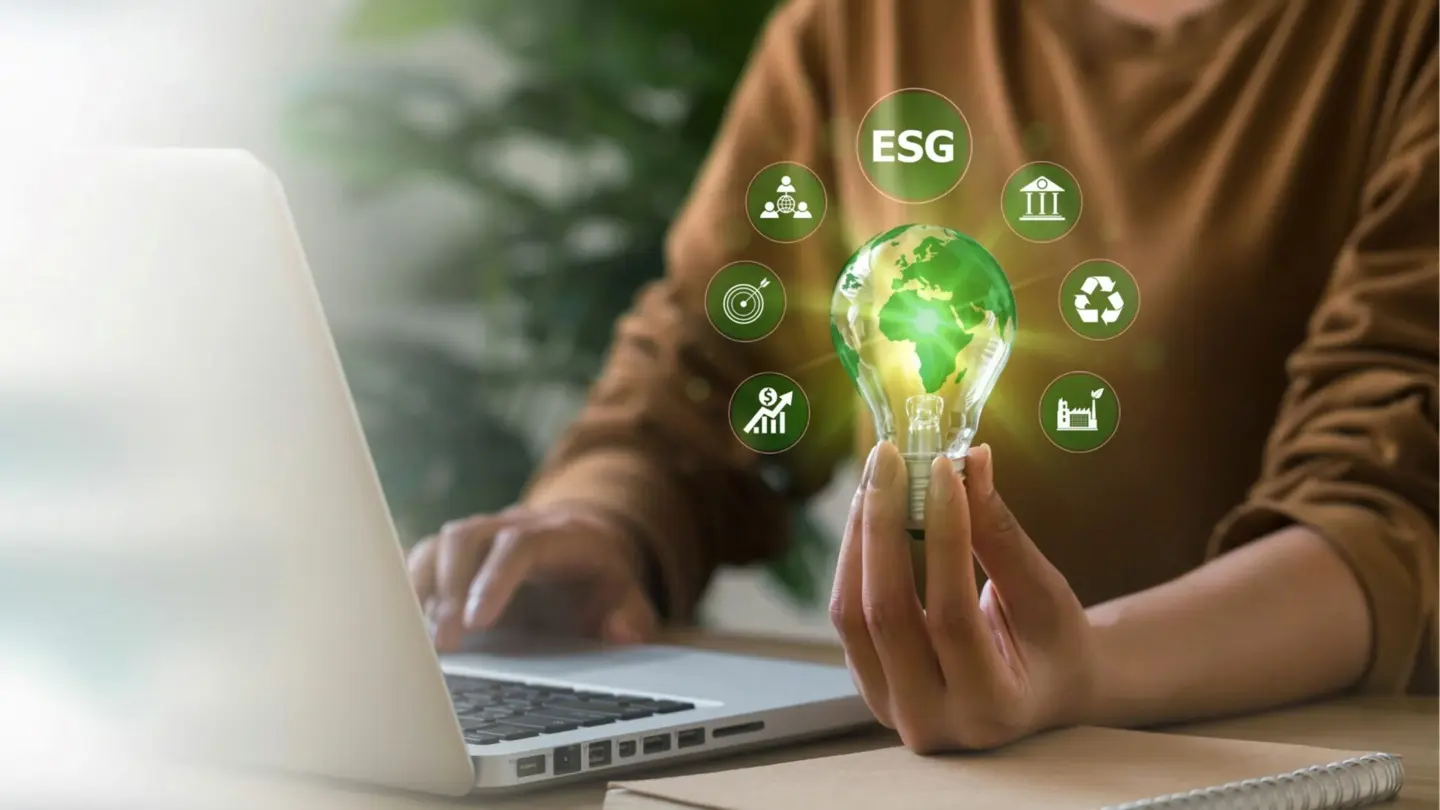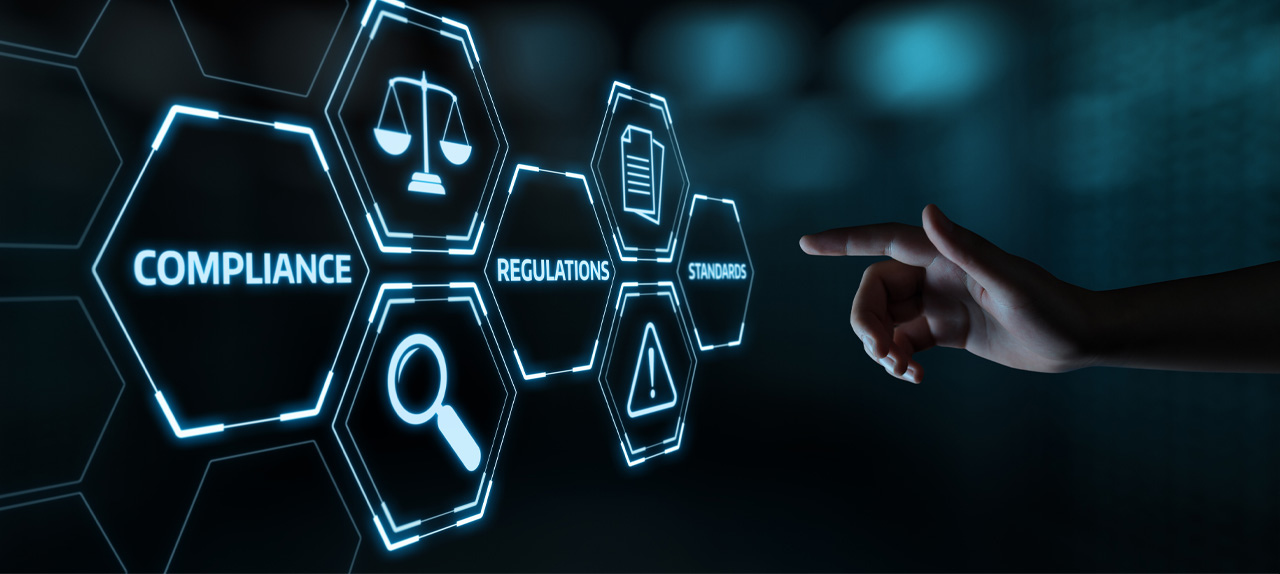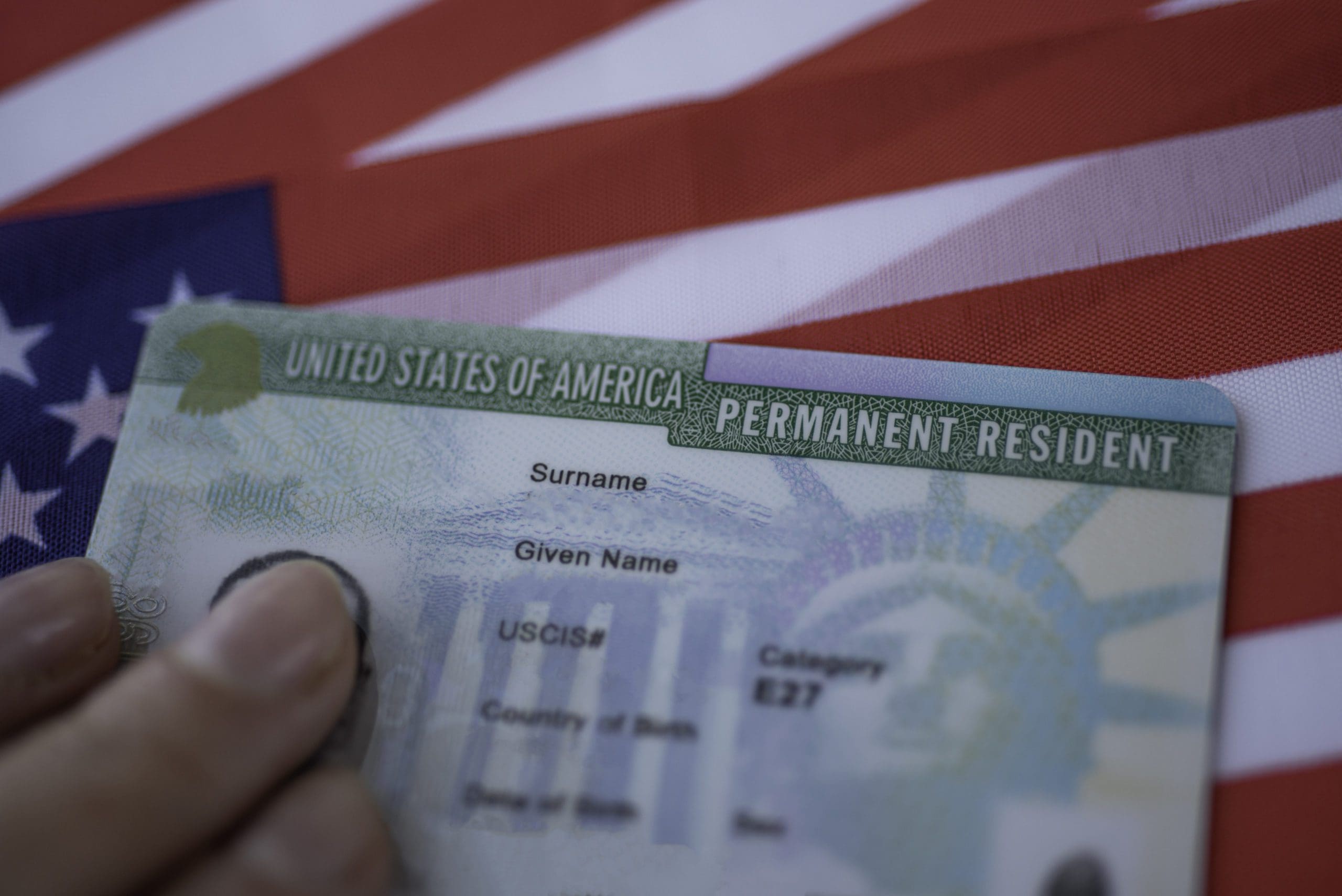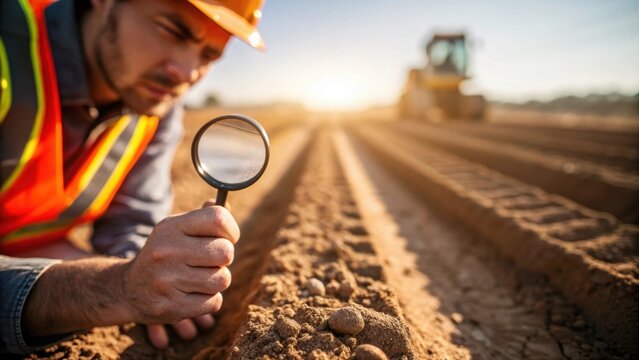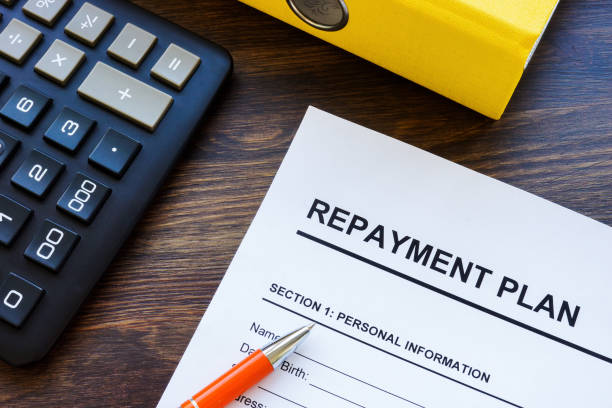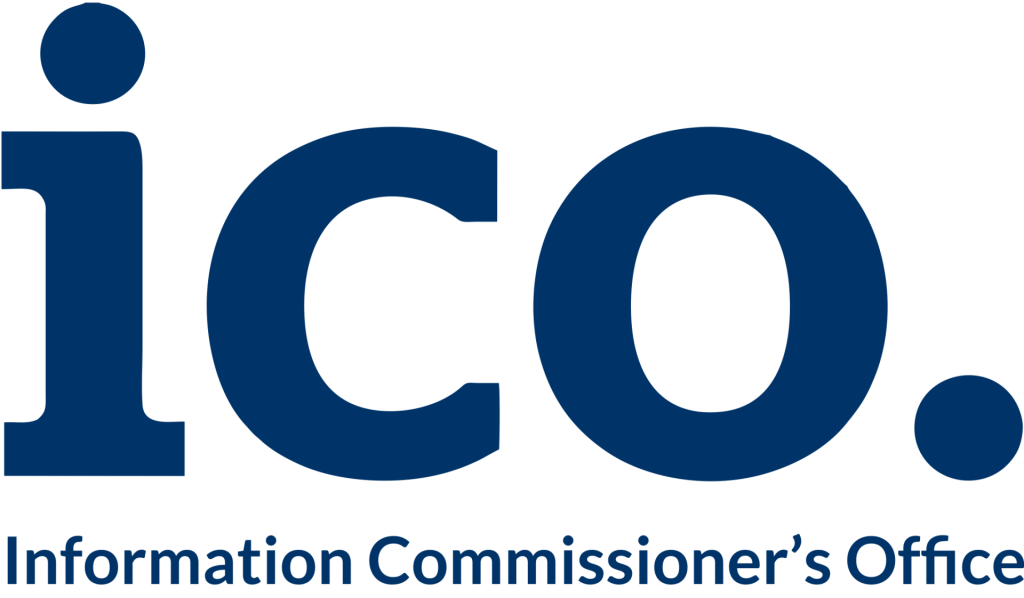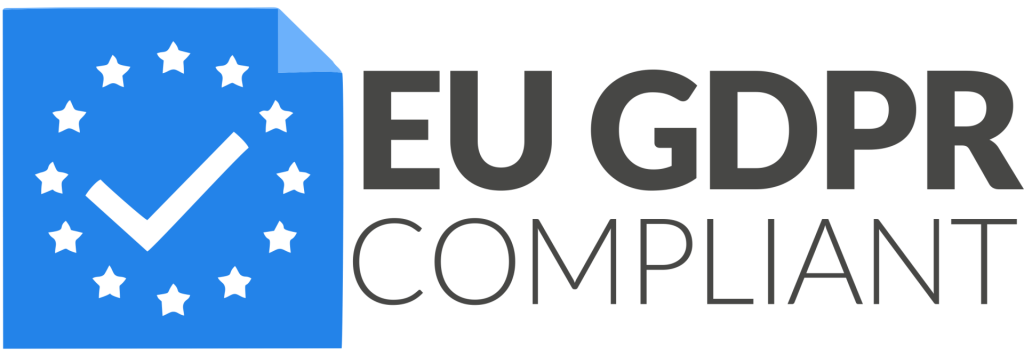Sustainability is no longer an optional feature; it is now a market demand driving purchasing decisions. Ready-made businesses in 2025–2026 that adopt eco-friendly practices are not only contributing to the planet but also attracting a new wave of conscious consumers. This shift is reshaping industries like food packaging, logistics, and wellness. One clear example is the rise of eco-franchises—turnkey businesses that operate on renewable energy, biodegradable packaging, and ethical supply chains. These businesses are gaining traction in major cities, where environmental concerns are highly prioritized by customers. A sustainable model provides both profit and long-term goodwill. The financing industry is also backing this movement, with investors offering green loans and subsidies for environmentally friendly startups. This financial support allows small entrepreneurs to adopt sustainability without heavy upfront costs. Investors see this as both socially responsible and commercially viable. Consumers are increasingly vocal about their expectations, often choosing sustainable brands over cheaper, non-eco alternatives. This puts pressure on ready-made businesses to prove their environmental commitment through certifications and transparent reporting. Sustainability is now directly tied to brand loyalty. In the coming years, sustainability will no longer be a differentiator—it will be the baseline for survival. Ready-made businesses that build sustainability into their DNA will be the ones that thrive and attract repeat customers in a rapidly evolving market.
Sustainable Ready-Made Businesses Lead the Future
